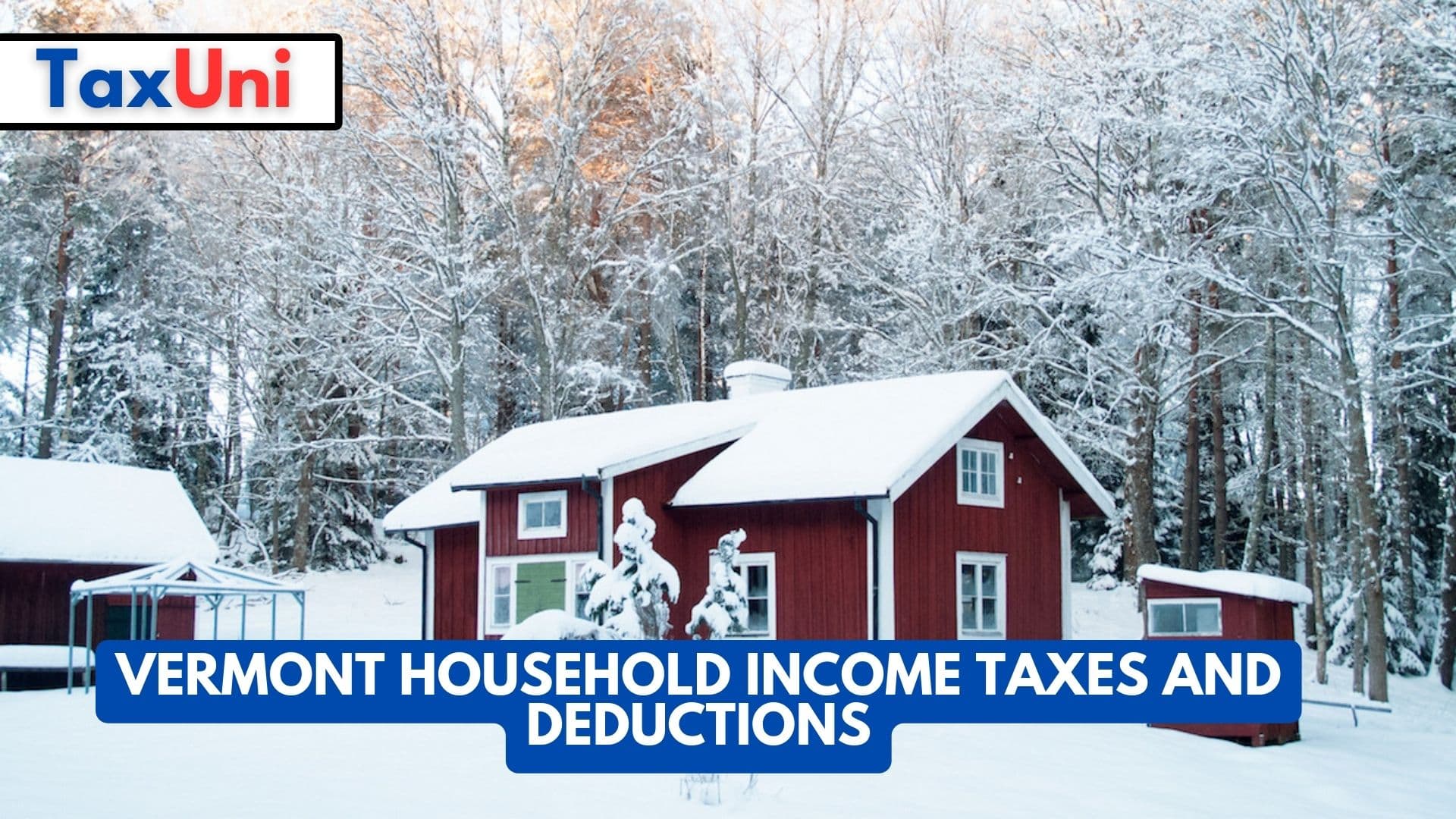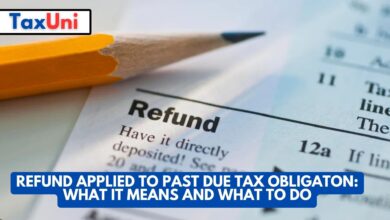Vermont Household Income Taxes and Deductions
There are several deductions available for households in Vermont. These include homestead exemption, the renter claim credit, and property tax-aide.

There are many factors that affect household income in Vermont. Some of these include state and local sales taxes, property tax rates, and excise taxes on alcohol and tobacco products. In addition, there are several types of tax deductions for Vermont residents. These include an income tax deduction for retirement savings, an exemption on some forms of investment income, and a sales tax deduction for diapers.
The average household income in Vermont is $59,973. This is below the national average of $63,374 but higher than the national poverty line of $24,700. The state’s Gini coefficient is 0.4452, which indicates moderate income inequality. This is largely due to the fact that there are more people with higher incomes than those with lower incomes.
Vermont Tax Credits
Individuals in Vermont may be able to lower their taxable income through various deductions and credits, including the Credit for Child and Dependent Care Expenses, the Elderly or Disabled Tax Exclusion, and the Earned Income Tax Credit. These credits can be applied to the federal income tax return or to the Vermont individual income tax return.
Individuals in Vermont may also be able to decrease their taxable income through charitable deduction strategies, such as Charitable Lead Annuity Trusts and Conservation Easements. In addition, most retirement income is tax-exempt in Vermont, including Social Security benefits and Railroad Retirement benefits. Other taxable retirement-related income in Vermont includes annuities and 401(k) withdrawals. Finally, Vermont is a control state for liquor and thus levies a state excise tax on alcoholic beverages sold in the state.
Vermont Household Income
Household income is the total combined cash income of all members of a household. This includes both taxable and non-taxable sources of income, such as wages, interest, dividends, and pensions. It also includes Social Security and other retirement benefits. Household income is an important measure of wealth and can be used to assess a region’s economic health.
Vermont has a relatively high median household income, ranked 21st among all states. This data is based on the most recent American Community Survey estimates, and was last updated in 2022. It is an important benchmark for assessing the state’s economy and understanding its demographic makeup.

Other Vermont Tax Deductions and Credits
Vermont’s retirement income is taxable, including public and private pensions and Social Security benefits. However, there are several exceptions. For example, Social Security retirement benefits are exempt for taxpayers 65 and older, and the first $10,000 of other retirement system income is tax-exempt.
Other notable tax deductions for seniors in Vermont include the property tax credit and state homestead exemption. Vermont property taxes are among the highest in the nation, so this is an important deduction for many homeowners. The homestead exemption reduces the property tax bill by up to $8,000 for homeowners who qualify. To qualify, the homeowner must file a homestead declaration and meet other requirements.
The property tax rate is based on the school district, so residents should review rates by town before filing. Seniors should check out the state’s property tax calculator to determine how much they can expect to pay. Residents can also take advantage of free tax preparation assistance offered through the Volunteer Tax Assistance program to help them file their return.





